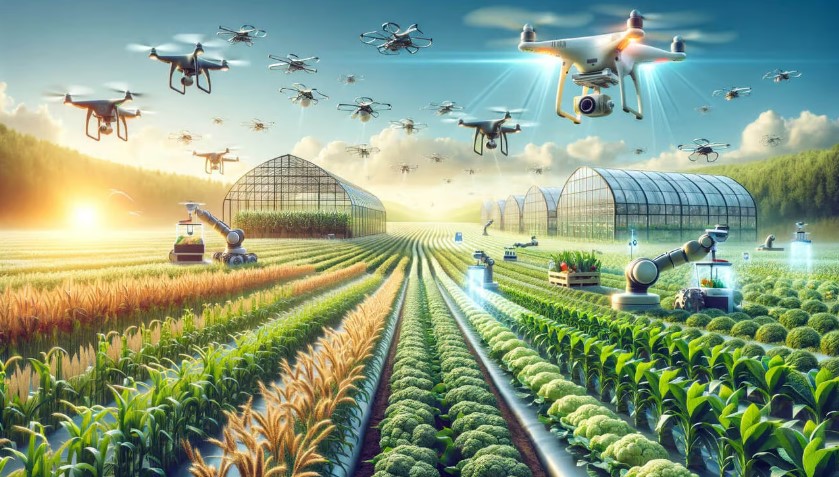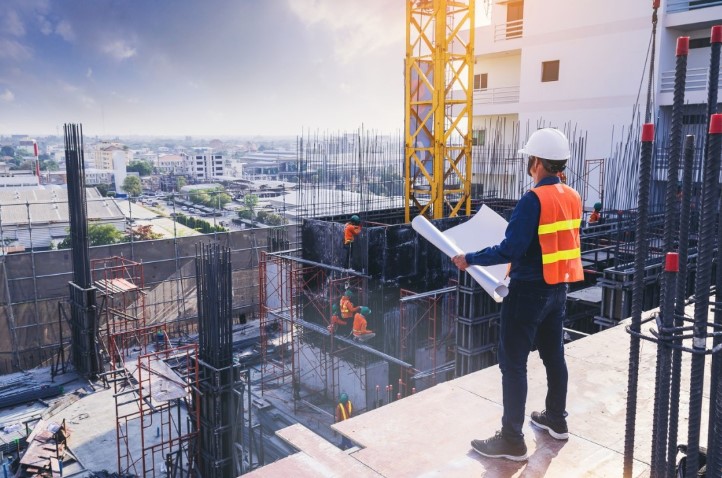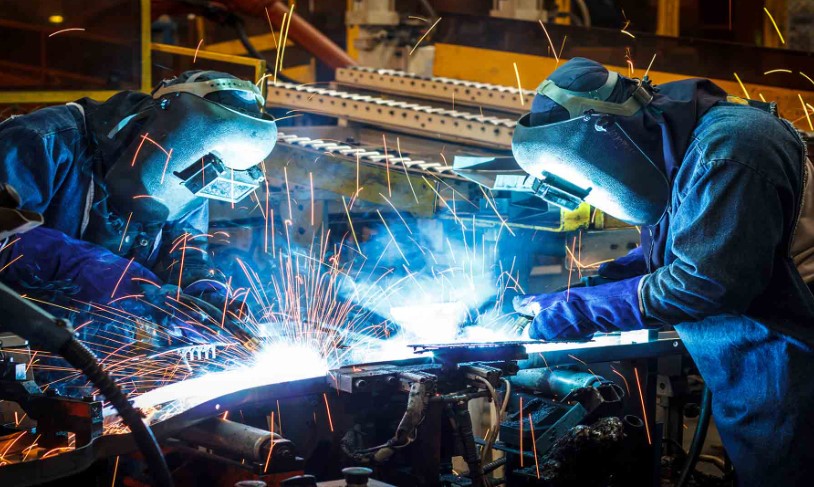
The Revolution of Agriculture Through Agri-Tech Innovations
The agriculture sector is embracing innovation at a rapid pace, driven by advancements in agricultural technology (agri-tech). These innovations are revolutionizing farming practices, providing farmers with cutting-edge tools to enhance productivity, reduce waste, and embrace sustainable methods. Technologies such as precision farming, automated irrigation, drones, and smart sensors are reshaping the industry, offering solutions to meet global food demands and CO2 Capture and Environmental Equipment challenges.
A key benefit of agri-tech is its ability to empower farmers with better data and tools for decision-making. Precision farming, which relies on satellite imagery and soil sensors, allows for the precise application of water, fertilizers, and pesticides. This reduces waste and enhances efficiency while ensuring crops receive the exact care they need. Drones further enhance this by offering real-time aerial imagery, which helps farmers monitor their fields for early signs of diseases or pest problems, preventing costly damage and reducing pesticide use.
Automation in agriculture is another game-changer, significantly improving efficiency and reducing the physical labor required. Automated irrigation systems use real-time data from soil moisture sensors and weather stations to deliver water precisely when and where it’s needed. In addition, robotic systems are now used for tasks such as planting, harvesting, and weeding, performing these functions with remarkable accuracy and consistency, which frees up farmers to focus on other critical tasks.
The Internet of Things (IoT) is a cornerstone of agri-tech, allowing seamless integration of sensors, machinery, and data. With IoT, farmers can monitor and control their operations remotely, receiving real-time feedback to make informed decisions. This increased connectivity helps streamline operations, reduce labor costs, and optimize productivity, contributing to more sustainable and profitable agricultural practices.
The role of physical infrastructure and components in agri-tech cannot be overlooked. Shell mold casting, for example, is integral to the production of durable machinery used in modern farming, from the frameworks of smart greenhouses to the mechanical parts of drones and irrigation systems. These components ensure that agri-tech tools are built to withstand the tough conditions of farming environments.
As the world faces challenges such as climate change and resource depletion, agri-tech offers a promising path forward. By increasing efficiency and reducing waste, these innovations are crucial in ensuring that agriculture can keep pace with the growing global population while remaining environmentally sustainable. Agri-tech is not just improving farming—it is reshaping its future.
To learn more about the transformative role of agri-tech in farming, check out the accompanying resource.




